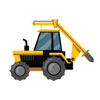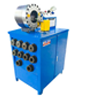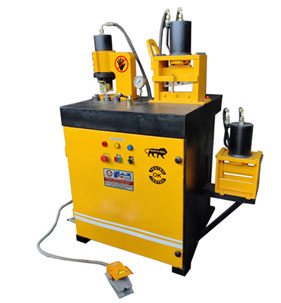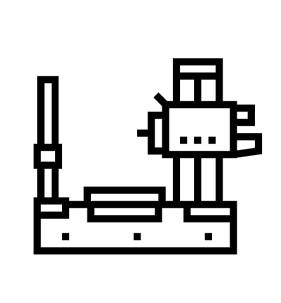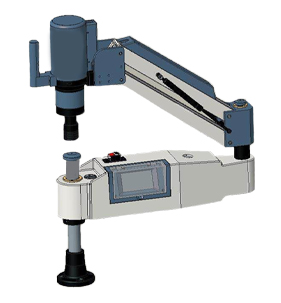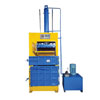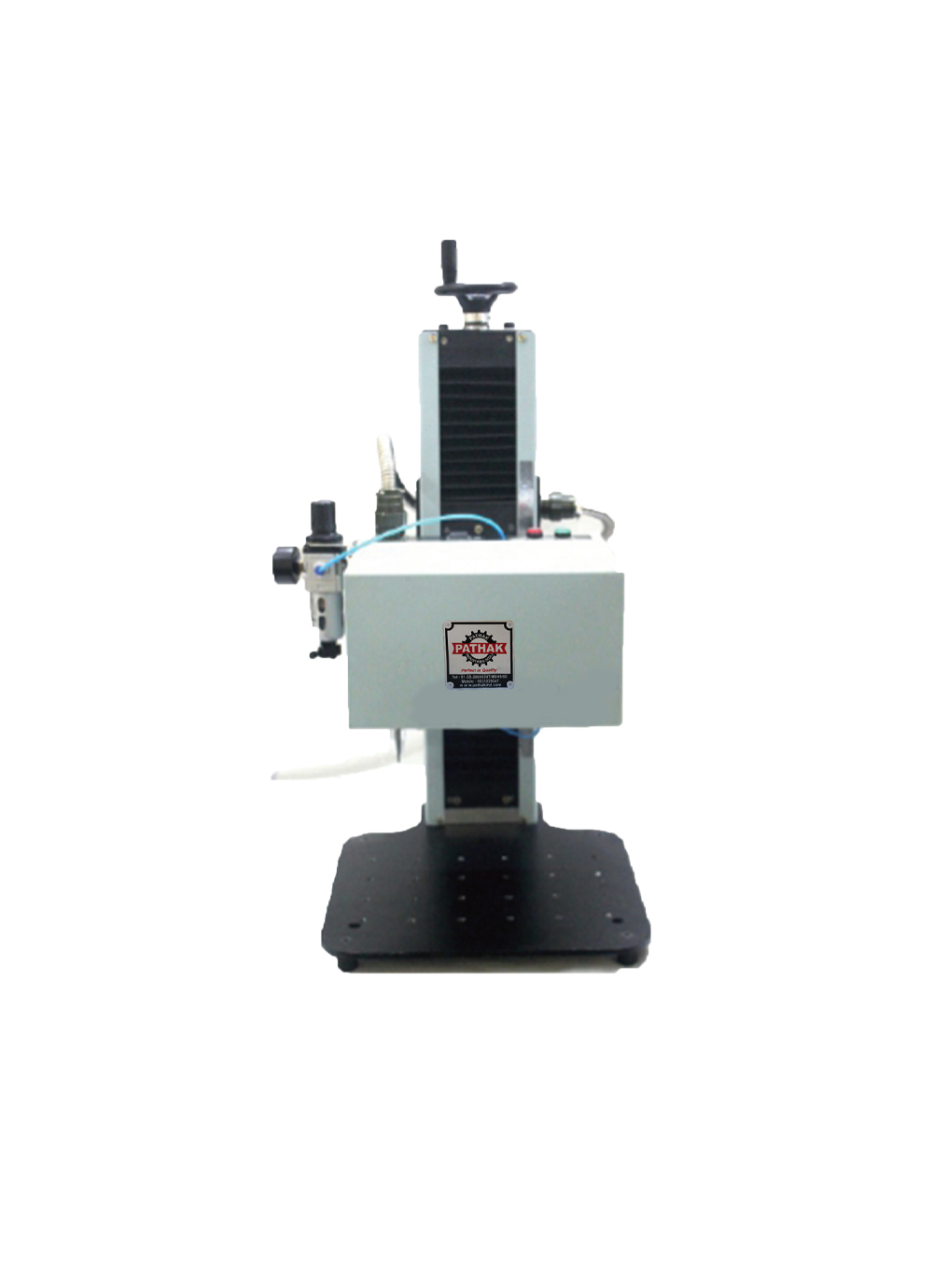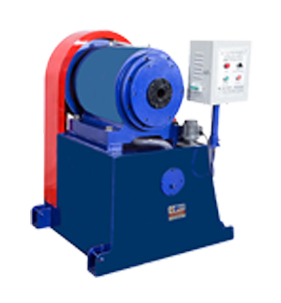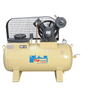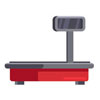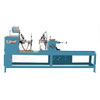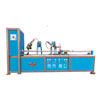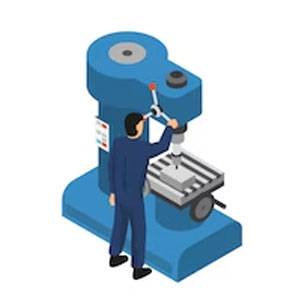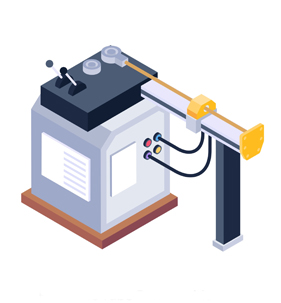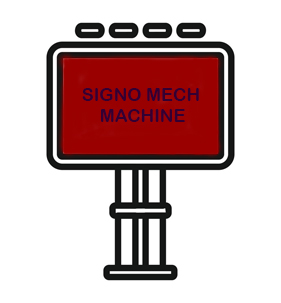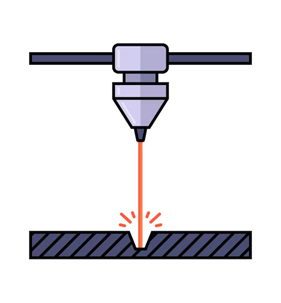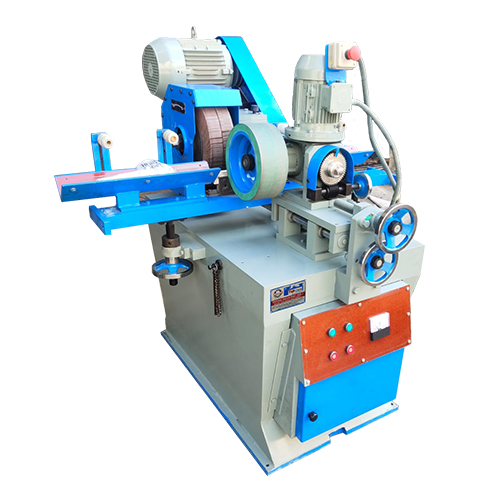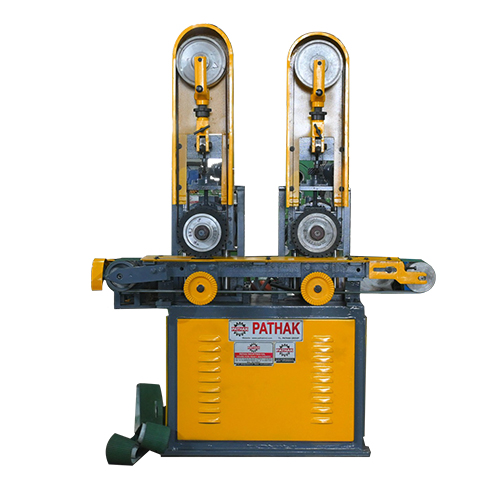Polishing Machine Manufacturer in India
What is Polishing Machine ?
A polishing machine is a device used to create a smooth and shiny surface on various materials by removing surface imperfections such as scratches, oxidation, and other blemishes. Polishing machines typically use abrasives, such as polishing pads, compounds, or wheels, to achieve the desired level of finish. These machines are commonly used in industries like metalworking, automotive, woodworking, and manufacturing for finishing products to a high standard of quality and appearance.
Polishing machines can vary in size and complexity, from handheld tools to large industrial machines, and they may offer different levels of automation and precision. They are essential tools in processes that require a high-quality finish, such as in the production of jewelry, lenses, and metal components.
Application of Polishing Machine -
Polishing machines have a wide range of applications across various industries. Here are some key applications:
1.Automotive Industry:
a.Car Detailing: Polishing machines are used to remove scratches, swirl marks, and oxidation from car paint, restoring its shine.
b.Restoration: They help in refurbishing old or damaged car parts, such as headlights and chrome accents.
2.Metalworking:
a.Finishing: Polishing machines smooth and finish metal surfaces, enhancing their appearance and resistance to corrosion.
b.Deburring: They remove burrs and sharp edges from metal parts, improving safety and functionality.
3.Jewelry Making:
a.Shining: Used to polish precious metals and gemstones, giving them a high-gloss finish.
b.Restoration: Helps in restoring the luster of old or worn-out jewelry.
4.Woodworking:
a.Finishing: Polishing machines smooth and finish wooden surfaces, enhancing their appearance and tactile quality.
b.Furniture Making: Used to achieve a fine finish on furniture pieces.
5.Floor Maintenance:
a.Commercial Buildings: Floor polishers are used to maintain and shine floors in offices, malls, and other commercial spaces.
b.Residential Use: Homeowners use floor polishers to keep their floors clean and shiny.
6.Aerospace Industry:
a.Component Finishing: Polishing machines are used to finish aerospace components, ensuring they meet strict quality and performance standards.
b.Surface Preparation: They prepare surfaces for painting or coating by creating a smooth, clean finish.
7.Medical Device Manufacturing:
a.Instrument Polishing: Used to polish surgical instruments and medical devices to ensure they are smooth, sterile, and free of contaminants.
b.Implant Finishing: Helps in polishing implants to meet stringent medical standards.
8.Electronics Industry:
a.Component Finishing: Polishing machines are used to finish electronic components, ensuring they are smooth and free of defects.
b.Wafer Polishing: In semiconductor manufacturing, they are used to polish silicon wafers to a high degree of flatness and smoothness.
9.Optical Industry:
a.Lens Polishing: Used to polish lenses for glasses, cameras, and other optical devices, ensuring clarity and precision.
b.Mirror Finishing: Helps in polishing mirrors and other reflective surfaces.
10.Construction Industry:
a.Stone and Tile Polishing: Polishing machines are used to polish marble, granite, and other stone surfaces to enhance their appearance and durability.
b.Concrete Polishing: Used to achieve a smooth, shiny finish on concrete floors in both residential and commercial settings.
11.Shipbuilding:
a.Hull Polishing: Used to polish the hulls of ships and boats to reduce drag and improve efficiency.
b.Propeller Polishing: Helps in maintaining the performance and longevity of propellers.
12.Plastics Industry:
a.Mold Polishing: Polishing machines are used to finish molds to ensure smooth surfaces for plastic products.
b.Component Finishing: Used to achieve a polished finish on plastic components.









